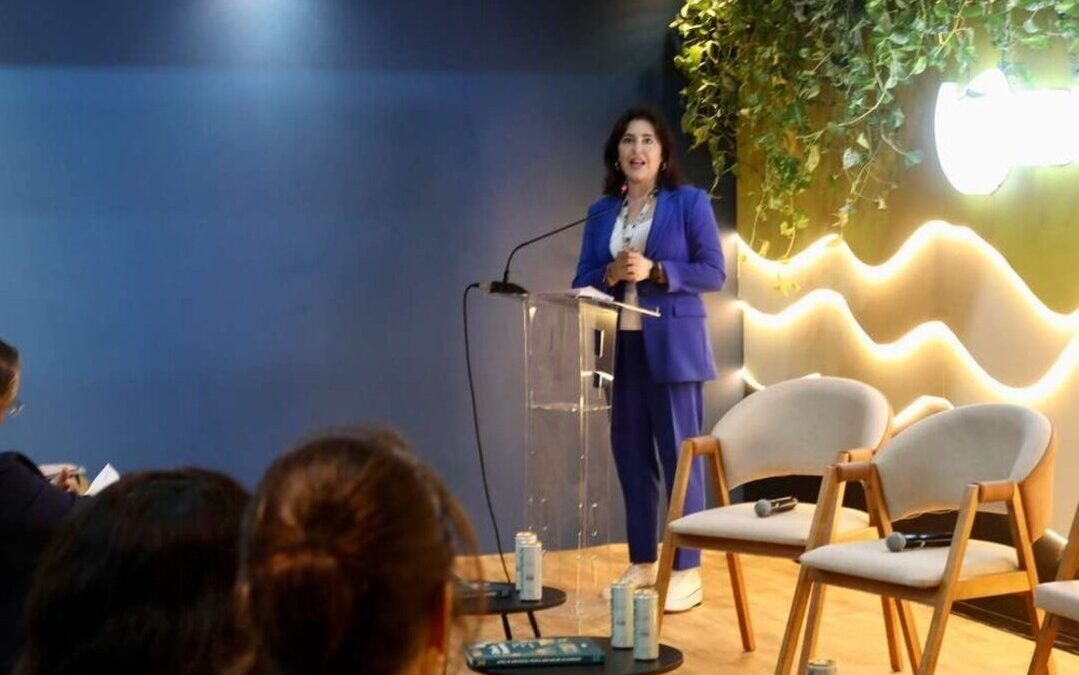Amazon Nations Unveil Plan to Mobilize $1B for Resilient Cities at COP30
Amazon nations launch financing tools at COP30 to support resilient cities and drive forest restoration across Amazonia.
Amazonian countries launched a regional mechanism at COP30 on Thursday to mobilize more than $1 billion for resilient cities, clean energy and water security across the rainforest region.
Bolivia, Brazil, Colombia, Ecuador, Guyana, Peru, and Suriname introduced the Amazônia Sempre Program Instrument for Resilient Cities and Infrastructure.
The plan aims to drive urban and climate investments through a multisector approach. Moreover, it seeks to link water, energy, and land management.
Brazil’s planning minister, Simone Tebet, announced the launch as chair of the Amazon Network of Ministers of Finance and Planning.
She said the tool will help countries confront rapid urbanization in the rainforest. “Cities are home to most of the Amazonian population,” she said.
IDB Group President Ilan Goldfajn said the mechanism reflects the wider Amazônia Sempre vision. He noted that stronger city economies help protect forests.
The initiative is backed by the Inter-American Development Bank Group. It also has support from climate funds, bilateral donors, and local partners. The countries signed a joint declaration to formalize the pact.
Forest Restoration Guarantee
Brazil’s Planning Ministry and the IDB also approved a $15 million guarantee to support forest restoration in the Triunfo do Xingu Environmental Protection Area in Pará.
The measure is the first forest restoration guarantee issued by a multilateral development bank in the Amazon. It is also Brazil’s first such instrument.
The 20-year guarantee underpins the Triunfo do Xingu Restoration Unit, or URTX. The partnership model is the first of its kind in Latin America and the Caribbean.
It aims to attract private investors and provide them with greater financial security. Furthermore, it improves access to credit with better terms.
The concession expects to restore and conserve nearly 10,000 hectares of forest. It also targets 3.7 million tons of carbon dioxide sequestration. Local communities will receive $2.5 million. More than 2,000 jobs will be created. Total investments could surpass $46 million. The project plans to strengthen the bioeconomy and local value chains while building social inclusion.
Nirmal Menon
Related posts

Subscribe
Error: Contact form not found.


